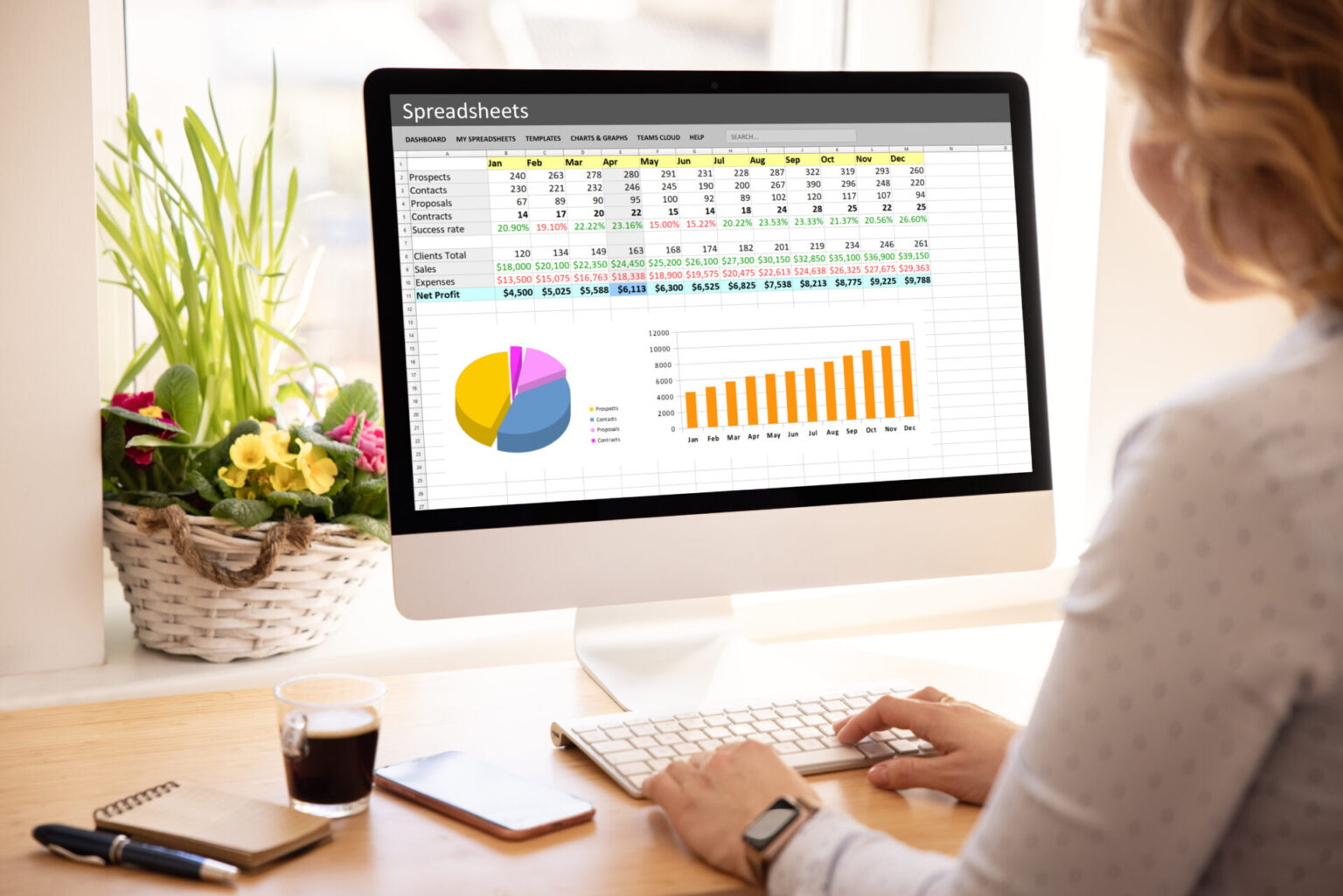Accurate financial management is essential for any business. With the right accounting software, you can save time, reduce errors, and gain valuable insight into your company’s financial health. This resource explains what accounting software is, highlights its benefits, and offers guidance on selecting the right solution for your business.
What Is Accounting Software?
Accounting software automates routine financial tasks such as recording transactions, managing invoices, and tracking expenses. It provides you with real-time data on sales, expenses, and cash flow. Whether you are just starting out or you have an established business, an integrated accounting system can simplify managing your books.
Why Use Accounting Software?
1. Improved Accuracy and Efficiency
- Automated Data Entry: Reduce manual errors by automating the recording of financial transactions.
- Time Savings: Streamline processes such as invoicing, bank reconciliation, and reporting.
- Real-Time Reporting: Get up-to-date insights to make informed decisions quickly.
2. Better Financial Management
- Cash Flow Tracking: Monitor cash inflows and outflows, allowing you to plan for seasonal variations.
- Expense Management: Easily track and categorize business expenses for smoother tax preparation.
- Compliance and Reporting: Ensure your business meets regulatory and tax obligations with built-in reporting tools.
3. Scalability and Flexibility
- Adaptable to Growth: As your business expands, many accounting solutions can be upgraded or integrated with additional features.
- Customizable Reports: Generate financial reports that meet your specific needs, from basic profit and loss statements to detailed balance sheets.
Key Features to Consider
When evaluating accounting software, focus on features that support your business operations:
- User-Friendly Interface: An intuitive design helps you get up to speed quickly.
- Cloud-Based Access: Secure, remote access to your financial data from any device.
- Integration Capabilities: Compatibility with other business tools, such as payroll, CRM, or inventory management systems.
- Security Measures: Robust data protection features to ensure your sensitive financial information remains confidential.
- Customer Support: Access to reliable technical support and training resources.
Choosing the Right Accounting Software
Selecting an accounting system involves assessing your business’s unique needs. Here are a few steps to guide your decision-making process:
- Define Your Requirements: List the features most important to your business, such as invoicing, expense tracking, or multi-user access.
- Budget Considerations: Compare pricing models—one-time fees versus subscriptions—and decide what works best within your budget.
- Demo and Trial: Take advantage of free trials or demos to ensure the software’s interface and functionality meet your expectations.
- Read Reviews and Ask for Recommendations: Gather feedback from other business owners or seek expert advice through our network of Business Link advisors.
Implementation Best Practices
Once you choose a solution, follow these best practices for a smooth transition:
- Plan Your Migration: Develop a timeline for moving your data from existing systems into the new software.
- Training and Onboarding: Ensure you and your team understand how to use the new system with in-depth training sessions.
- Regular Reviews: Schedule periodic evaluations of your accounting system to confirm it continues to meet your evolving business needs.
Getting Professional Support
If you need help choosing or implementing accounting software, Business Link’s team of experts is here to guide you. Our advisors can offer one-on-one consultations, provide additional resources, and ensure your financial systems support your business goals.
Book a free consultation with a Business Link Strategist.
Additional Resources
- Financial Statements 101: Learn how accounting software can streamline the creation and interpretation of key financial statements.
- Small Business Financial Fundamentals Guide: Discover more about managing your finances with practical tools and templates.
By leveraging the capabilities of modern accounting software, you can focus on growing your business and making strategic decisions with confidence.
